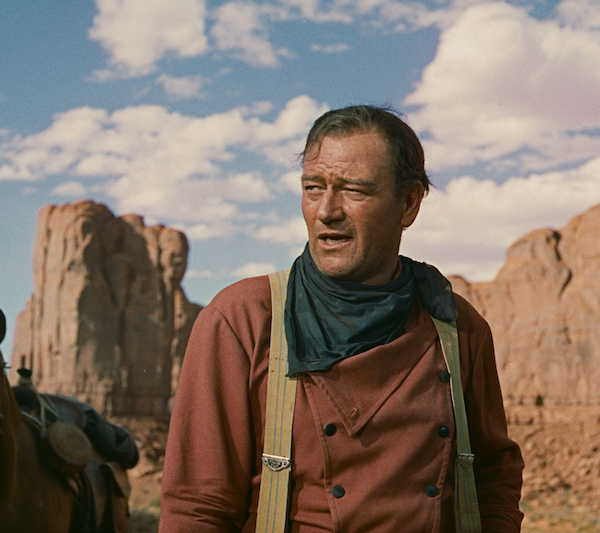
In a photo studio in Vienna, a sleazy photographer (Johannes Krisch) is coaxing a young Slovakian woman Mirkha (Lucia Siposová) into posing for her first nude pictures. We soon find out this man is also a pimp and the pictures are for luring clients on the internet. Her younger sister Anna (Gabriela Marcinkova) tries to persuade her to reconsider but she has her mind made up. She needs the money and wants to change her life. Her sister intones through darkly humorous voiceover “If there’s a fork in the road, take it.” It’s a highly provocative opening for what ends up being just a so-so anthology of interweaving tales, even though director Fernando Meirelles (“City Of God,” “The Constant Gardener”) assembles an international cast with interwoven stories spanning Vienna, Paris, London, Bratislava, Rio, Denver and Phoenix.
Jude Law plays a family man on a business trip to Vienna who signs up to be Mirkha’s first customer, only to lose his nerve after being approached by some colleagues at the bar where the two were supposed to meet. His wife (Rachel Weisz) however, isn’t as shy. She’s back in London having an affair with a hunky 25-year-old photographer. He also has a girlfriend (Maria Flor), who leaves him to return to Brazil when she decides she’s had enough of his philandering. Mirkha’s foray into prostitution, or the unhappily married couple could have made for interesting movies by themselves but there are still a half dozen more storylines to squeeze in here, including a convicted sex offender (Ben Foster) being released from prison, an older man (Anthony Hopkins) who refuses to give up hope of finding his daughter who went missing years ago, a dentist (“Amelie“‘s Jamel Debbouze) in love with his assistant (Dinara Drukarova), and on and on.

Much of the film seems to hinge on a character making a crucial decision (a recurring one being ‘to cheat or not to cheat?’) though their outcomes aren’t always determined by their actions. Some cheaters are redeemed, some loves go unrequited because everyone at some point becomes a victim of circumstance. Because the film contains so many characters spread out all over the globe with only a single link between each, the film plays more like an anthology (like “Paris, Je T’Aime”) than a multicharacter drama whose characters arcs are linked together inextricably, like we get in, say, “Magnolia.” And as with most anthologies, some of the storylines are more successful than others, (as suspenseful as the scenes with Foster’s sex offender are, we’re not entirely sure they belong in the same film).

Meirelles clearly relishes the opportunity to work with actors from so many different countries and backgrounds and no doubt the scale of the piece is part of what drew him to the project. Perhaps energized from what must have been a tight production schedule (shooting didn’t begin until earlier this year), Meirelles and DoP Adriano Goldman (“Jane Eyre,” “Sin Nombre”) shoot the film with a vibrant energy. The ensemble give respectable performances across the board, in several languages, but the film’s problems mainly lie with the screenplay. Written by Peter Morgan (“Frost/Nixon,” “The Queen“) and based loosely on a play by Arthur Schnitzler (who penned the novel “Traumnovelle” which became the basis for “Eyes Wide Shut“), the film gets at some interesting thoughts about people’s capacity for duplicity, but spreads itself thin on too many stories, not all of them as compelling as they need to be.

Because of the limited time devoted to each character, they tend to come off a bit simplistic and clichéd. If the film had not been afraid to go a little darker (like its sexually frank opening), dig a little deeper, and develop its characters beyond their stereotypes, it would have been a much stronger effort. Instead we get snapshots of distant people at divergent points in their lives that can only skim the surface of what makes them tick. Many have been waiting for Meirelles to make a film as compelling as “City Of God,” but unfortunately for fans of the director, this overlapping tale of love isn’t it. The film is a handsomely produced ensemble drama but its pleasures are fleeting, then it’s on to the next thing. [C+]




